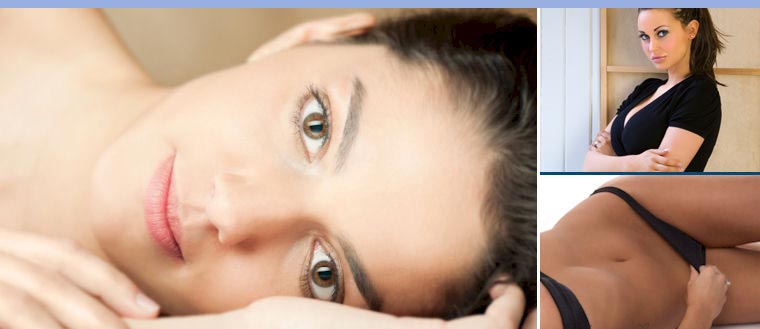| There are a total of 81 articles in the category Archived Articles |
See the full list
|
Sleep Disorders: Sleep-Related Eating Disorders
00.0.00 12:00 AM
Sleep Disorders: Sleep-Related Eating Disorders
Sleep-related eating disorders are characterized by abnormal eating patterns during the night.
Although it is not as common as sleepwalking, nocturnal sleep-related eating disorder (NS-RED) can occur during sleepwalking. People with this disorder eat while they are asleep. They often walk into the kitchen and prepare food without a recollection for having done so. If NS-RED occurs often enough, a person can experience weight gain and develop type 2 diabetes.
A closely related disorder, known as night eating syndrome (NES), is diagnosed when a person eats during the night with full awareness and may be unable to fall asleep again unless he/she eats.
Symptoms of NES include the following and often persist for at least two months:
Little or no appetite for breakfast.
Eating more food after dinner than during the meal.
Eating more than half of daily food intake after dinner hour.
NS-RED and NES differ in that people with NES eat when they are conscious. However, the disorders are similar in that they both are hybrids of sleep and eating disorders. Both of these conditions can interfere with an individuals nutrition, cause shame, and result in depression and weight gain.
Who Gets Sleep-Related Eating Disorders?
Both men and women are vulnerable to these disorders, but they are more common among women. About one to three percent of the general population is affected and 10% to 15% of people with eating disorders are affected by sleep-related eating disorders. Many of these individuals diet during the day, which may leave them hungry and vulnerable to binge eating at night when their control is weakened by sleep. In some cases, people with sleep-related eating disorders have histories of alcoholism, drug abuse, and other sleep disorders.
How Are Sleep-Related Eating Disorders Treated?
Treatment of nocturnal eating behaviors begins with a clinical interview and may include an overnight stay in a sleep laboratory, where brain activity is monitored during the night. Medication sometimes can be helpful for these disorders; however, sleeping pills should be avoided as they can increase confusion and clumsiness that can lead to injury. Additional treatments may include methods to release stress and anxiety. Examples of these methods include stress management classes, assertiveness training, counseling, and limiting intake of alcohol and caffeine.
Reviewed by The Sleep Medicine Center at The Cleveland Clinic.
|
|
|



